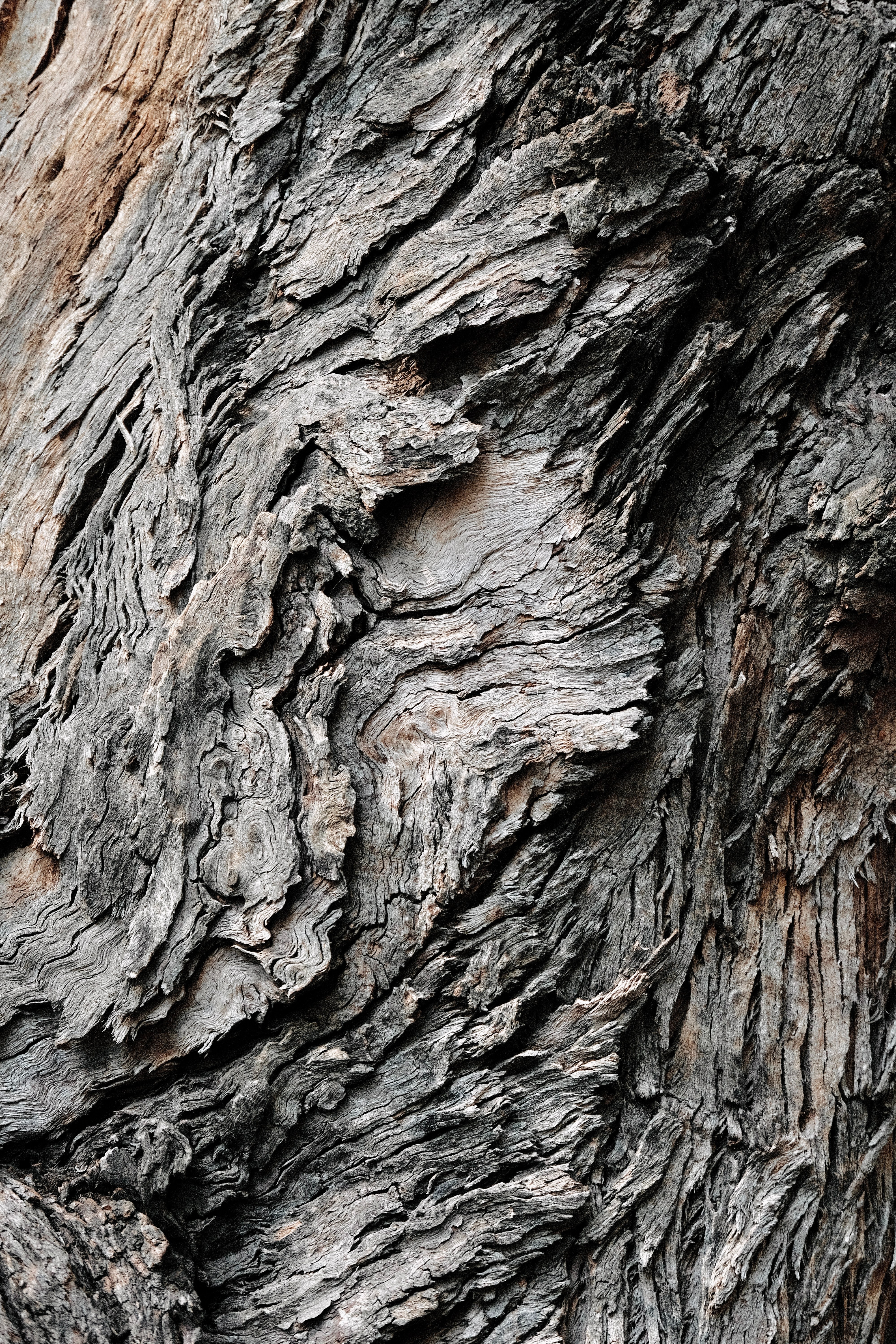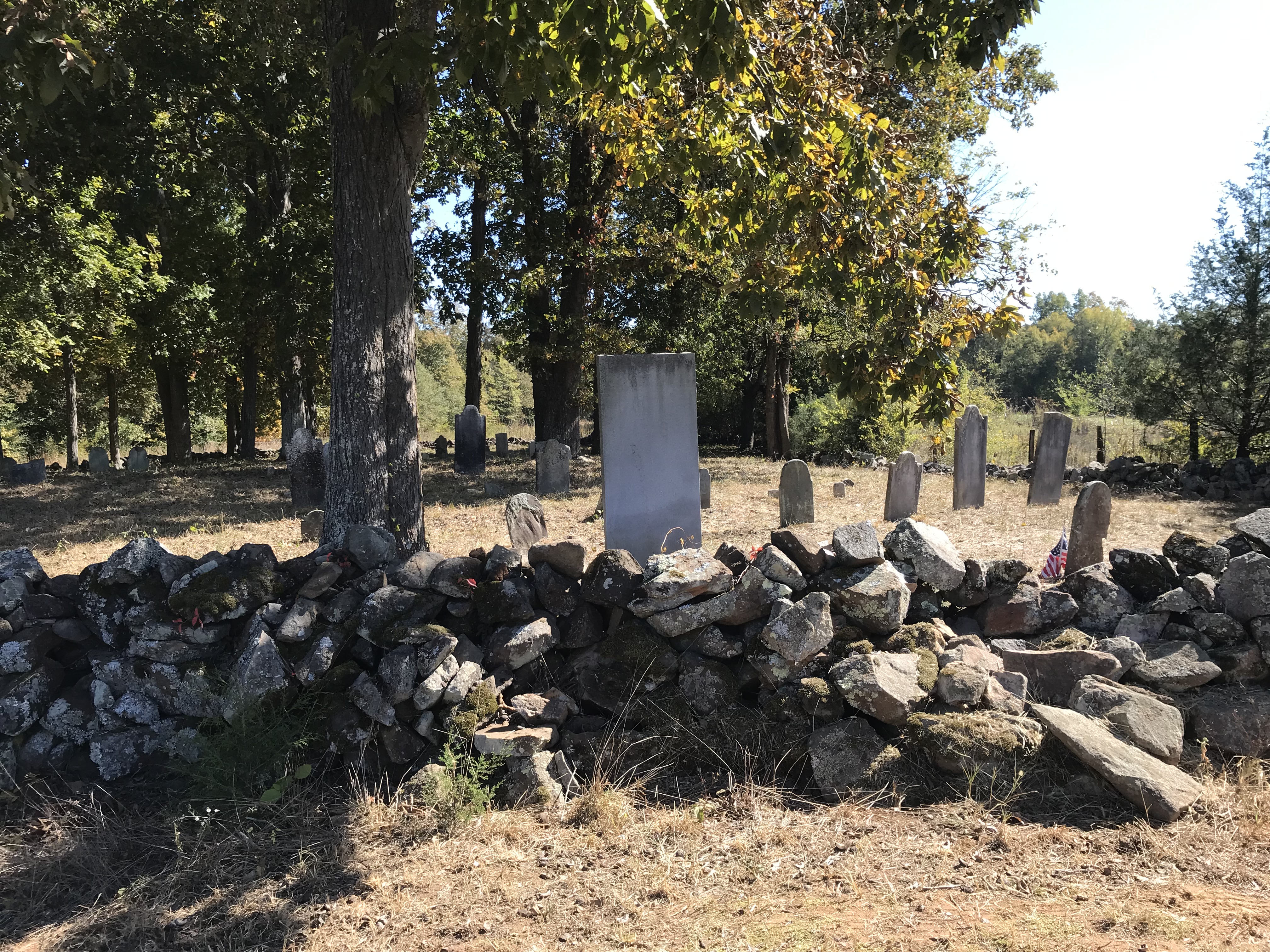One of my favorite quotes about writing is this one from Russian playwright and short story writer, Anton Pavlovich Chekhov: “Don’t tell me the moon is shining, show me the glint of light on broken glass.”
I included that quote when I touched on the topic of writing all the senses in my February 14, 2022, blog post, Can Movies Help You Write? Today I’m going a bit deeper into the subject.
As an aspiring novelist, I have a lot to learn. To try to remember all the things a scene needs to include can be overwhelming. It’s not enough to stay in the head of your point-of-view character at all times. It’s not enough to be cognizant of pacing. It’s not enough to remember to throw in a red herring once in a while or to vary the length of your sentences and paragraphs. It’s not enough to include all characters’ body language (but only what the point-of-view character notices.) A writer must also remember to include what the point-of-view character sees, hears, smells, tastes, and touches.
In addition, a writer today is told to keep in mind that today’s reader has a short attention span. If that’s true, I probably lost most of my audience midway through the previous paragraph.
For those of you still reading this blog post, I’ll continue. I say all this (1) to make fiction readers appreciate some of the work it takes to write a novel you’ll enjoy; and (2) to lead up to a recommended blog series you might benefit from if you’re studying the art and craft of writing.
In 2020, Joan Hall wrote a series of blog posts about using all the senses, including the 6th Sense, in your writing. Here are the links to Ms. Hall’s six blog posts about the senses:
Post number one in Joan Hall’s Story Empire blog series about the senses: https://storyempirecom.wordpress.com/2020/02/14/using-the-five-senses-sight/.
Post number two in Joan Hall’s Story Empire blog series about the senses: https://storyempirecom.wordpress.com/2020/02/26/using-the-five-senses-smell/.
Post number three in Joan Hall’s Story Empire blog series about the senses: https://storyempirecom.wordpress.com/2020/03/11/using-the-five-senses-taste/.
Post number four in Joan Hall’s Story Empire blog series about the senses: https://storyempirecom.wordpress.com/2020/03/27/using-the-five-senses-sound/.
Post number five in Joan Hall’s Story Empire blog series about the senses: https://storyempirecom.wordpress.com/2020/04/13/using-the-five-senses-touch/.
I couldn’t find a photo to represent the Sixth Sense in the way I wanted to here, so use your own imagination for the sense of knowing in advance that something is going to happen. Have you experienced it? I have, and it can be unsettling.
Post number six in Joan Hall’s Story Empire blog series about the senses: https://storyempirecom.wordpress.com/2020/04/29/the-sixth-sense/.
I might be accused of cheating here by giving you the links to Joan Hall’s blog posts about writing the senses, but she’s far more experienced in writing and more knowledgeable of the subject than I.
The Internet has made it possible for writers to learn from others in ways that weren’t possible before the 1990s. It gives us a marvelous platform on which to share ideas and give each other feedback. I’ve learned a great deal from writers like Joan Hall through blog posts and online articles.
I hope you find Joan Hall’s blog series helpful if, like me, you’re learning to write. I started to say, “write fiction,” but creative nonfiction also entails using all the senses.
I felt vindicated when I read Ms. Hall’s article about the sixth sense, for I was already using it in my The Doubloon novel manuscript. I was pleased that I thought to do that before being told that I should consider it.
Since my last blog post
I took a short break from writing last week to work on a project I started 20 years ago for my church. It involves taking photographs of the grave markers in four of the church’s cemeteries. When a congregation has a 271-years history, it can end up with multiple cemeteries on the different sides of various creeks.
Digital photography allows me to read the inscription on many of the markers that cannot be read in person due to the ravages of time. March and October are the best months to take pictures in these rural cemeteries due to the angle of the sunlight and the number of large trees that surround and have grown up inside them. I’m taking advantage of the month of March to get back to a project I’ve neglected for a few years.
My project might sound morbid to some of you, but I don’t see it like that at all. Some of my immigrant ancestors are buried in each of the four cemeteries, so I feel like I’m honoring them in a small way by making a permanent record of the inscriptions on their grave markers.
Until my next blog post
I hope you have a good book to read — one that you can’t wait to get back to.
If you’re writing, painting, or endeavoring to do anything creative, I hope you produce some rewarding and satisfying work this week.
Stay safe and well. Please come back next week to see what my next blog post is about.
By the way, on Wednesday, pause to consider that it’s National Book Smuggler Day in Lithuania. Here’s the scoop:
In 1864, Russian authorities outlawed the printing of books using the Latin alphabet in Lithuania and tried to force the Cyrillic alphabet on Lithuanian speakers. A newspaperman, Jurgis Bielinis, created an underground network to get Lithuanian books smuggled into the country. Some who were caught were banished to Siberia or shot in the head. The ban lasted until 1904 but is still remembered on March 16, which is the date of Bielinis’ birth. You can find more about this online. It’s an inspiring bit of history I wasn’t aware of until recently.
There are two lessons we can learn from this: (1) The Russian government never stops being Russia; and (2) Regardless of what a book contains, it’s never a good idea to withhold access to it, for book banning and the banning of knowledge never have positive results.
May the free world continue to support the people of Ukraine.
Janet







Thanks, Janet! You made me aware I need to update my list in Scrivener. As background, the Scrivener writing app makes it easy on a scene by scene basis to track the senses. I use Scrivener to measure whether I’ve engaged readers with the five senses. Now I’ll add the sixth sense, an essential for mysteries! If that’s of interest to Scrivener users, you can see an example at Tame Your Book in my May 26, 2021 post: Self-edit Your Novel (Part 1C).
LikeLiked by 1 person
Glad this prompted you to update your list in Scrivener. I haven’t used Scrivener. With Chronic Fatigue Syndrome, it’s difficult for me to learn new software, so I don’t think I can take it on right now.
LikeLiked by 1 person
I understand, Janet. Scrivener is like a Swiss army knife. It’s great with all the tools, but does require time and effort to learn.
LikeLiked by 1 person
Great points Janet. Thanks.🎈
LikeLiked by 1 person
Thanks, very interesting post, complete with all 6 senses and free press. : ) Thanks
LikeLiked by 1 person
Where would we be without the inspiration and advice from others now that we have the web? It makes learning so much easier.
LikeLiked by 1 person
Janet, thank you so much for this wonderful information. I believe it is valuable for all, not just for novelists. Being aware of everything is something one should always aspire to, not just in creating art…in its many manifestations…but in daily life. I, in my police training, was taught situational awareness as the best self defence method available. I think your project is very good and very valuable. I’ve always loved to take photos of graveyards and graves, they really put a personal touch on history. Take good care and keep writing, researching and photographing! All the best,
Francis
LikeLiked by 1 person
Absolutely, Diane.
LikeLike
Thank you, Laleh.
LikeLiked by 1 person
Thanks, Rebecca.
LikeLiked by 1 person
You make an excellent point that being aware of all our senses is for everyone, not just novelists. As for my graveyard project, it is absolutely amazing how digital photography makes it possible to zoom in on the computer screen and read words and numbers that are completely illegible to the naked eye. With the passage of time, grave stones deteriorate and get damaged. Once that happens, much information is lost forever. I hope my photographs will allow future generations to see what is no longer there for them to see in person. Keep up all your good work. Peace. Janet
LikeLiked by 1 person
I am sure your photography will be most useful to coming generations as the stones will continue to wear and degrade with time. Maybe you will post some of the stones. I did a very interesting photo essay of a medieval cemetery right in the heart of our old town València…
LikeLiked by 1 person
My pleasure.
LikeLiked by 1 person
Hmmm… sounds like a good idea, Francis. Thanks for the idea.
LikeLiked by 1 person
You’re very welcome Janet. All the best and a happy St. Patrick’s Day to you!
LikeLiked by 1 person
Thank you, Francis. I meant to ask you yesterday if Valencia was dealing with the sand blowing in from Africa. I heard about it on NHK World News. They showed it covering cars and streets in Spain but didn’t name Valencia. Have a great weekend. It looks like we’re in for some mild weather now after the 20 degrees F. we had last Sunday morning.
LikeLiked by 1 person
You’re very welcome Janet, it is always a pleasure. Valencia did get some of the Sahara sand but not as much as Madrid and other cities in the central section and to the south. We were saved by strong winds from the Mediterranean. Our weather, though, has been dreadful, meaning lots of rain and heavy gusts of wind and colder temps, down to 8 and 9 and we’ve not seen the sun for the whole week, but nothing to worry for, it is after all March. Take good care, enjoy the better, milder weather you are due for. All the best,
Francis
LikeLiked by 1 person
Thanks for the update on the Sahara sand, etc. I hope the sun will find you soon.
LikeLiked by 1 person
You’re very welcome Janet.
LikeLiked by 1 person
Not sure why but post disappeared. So here I go. Great post, senses are so important.
LikeLiked by 1 person
Thank you for your persistence, Barbara. One of the great mysteries of cyberspace! Thank you for your comment. Someone told me I needed to read “anything by Kate Morton.” This afternoon I started listening to “The Clockmaker’s Daughter” by her, and what immediately jumped out at me was her use of description and the senses.
LikeLike
This piece really opened my eyes to many things with regards to writing. Thanks for sharing.
LikeLiked by 1 person
I’m so glad this post helped you! Researching it helped me, too.
LikeLiked by 1 person